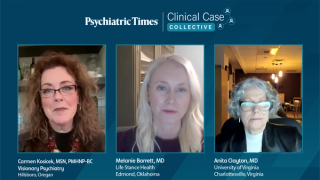
Postpartum Depression
Latest News
Latest Videos

Shorts

CME Content
More News

Untreated maternal mental health issues during pregnancy pose significant risks. Informed discussions on medication are crucial for mother and baby's well-being.

Dysphoric milk ejection reflex (D-MER) causes brief emotional distress during breastfeeding, often misdiagnosed as postpartum depression, requiring better awareness and support.

Biogen's zuranolone gains positive opinion for treating postpartum depression, promising rapid symptom relief and potential EU approval by 2025.

About 40% of women who have postpartum depression go unrecognized and untreated, and they are still symptomatic 3 years later.

Dr Wilsa Charles Malveaux highlights the urgent need to address mental health in Black Maternal Health Week, especially for Black mothers and athletes.

On April 7, 2025, the World Health Organization launched a yearlong initiative focused on improving maternal and newborn health.
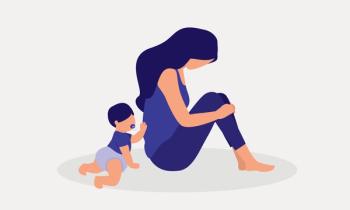
Motherhood: what is truth vs idealized narrative?

A one-size-fits-all approach does not work—each mother’s experience with postpartum depression is unique.

Learn more about the impact birth complications and life factors may have on postpartum depression.

Here are 10 things to consider when treating a patient with mood disorders.


Check out these top tips for treating postpartum depression from the Real Psychiatry conference!
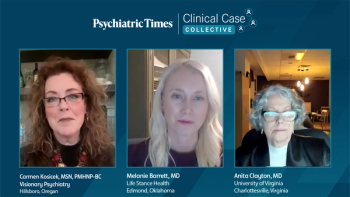
Melanie Barrett, MD; Anita Clayton, MD, and Carmen Kosicek, MSN, PMHNP-BC, discuss how real patients navigate the complex journey of seeking and receiving postpartum depression care, from overcoming stigma and recognizing symptoms to finding appropriate healthcare providers and accessing treatment while managing new motherhood responsibilities.

Melanie Barrett, MD; Anita Clayton, MD, and Carmen Kosicek, MSN, PMHNP-BC, discuss how postpartum depression affects up to 1 in 7 new mothers, presenting with symptoms like persistent sadness, anxiety, and difficulty bonding with the baby, yet remains underdiagnosed and undertreated despite being highly treatable through therapy, medication, and support systems.
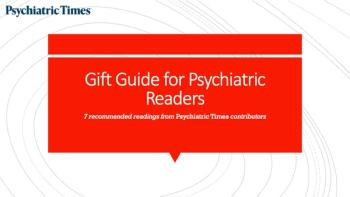
Looking to buy books as gifts this year? We've got you covered.

Patients who have experienced a perinatal loss are at increased risk of MDD, anxiety disorders, and trauma-related disorders.

Fathers have to make psychological adjustments during their partner's pregnancy and during the first year with the baby. What does a meta-analysis tell us of their mental state?

A book for all psychiatrists with woman patients and for all parents.

Perinatal mood and anxiety disorders affect 1 in 5 of perinatal individuals who are pregnant or up to 1 year postpartum. Over the past 2 decades, the US has seen an alarming rise in these disorders.
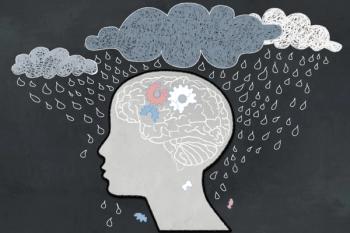
Experts share the results from the first-in-human phase 1 study of this treatment, plus a preview of its upcoming phase 2 trial.

What is new in research on postpartum depression?
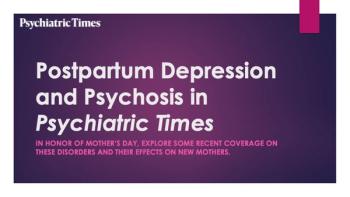
Here’s a look at our recent coverage of these disorders in honor of Mother’s Day 2024.

How can psychiatric clinicians improve outcomes for this unique patient population?

Neurosteroid therapeutics could be the solution to provide fast-acting treatment for mothers with postpartum depression.
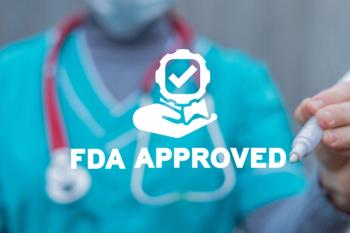
The FDA did not grant approval for the treatment for major depressive disorder.








